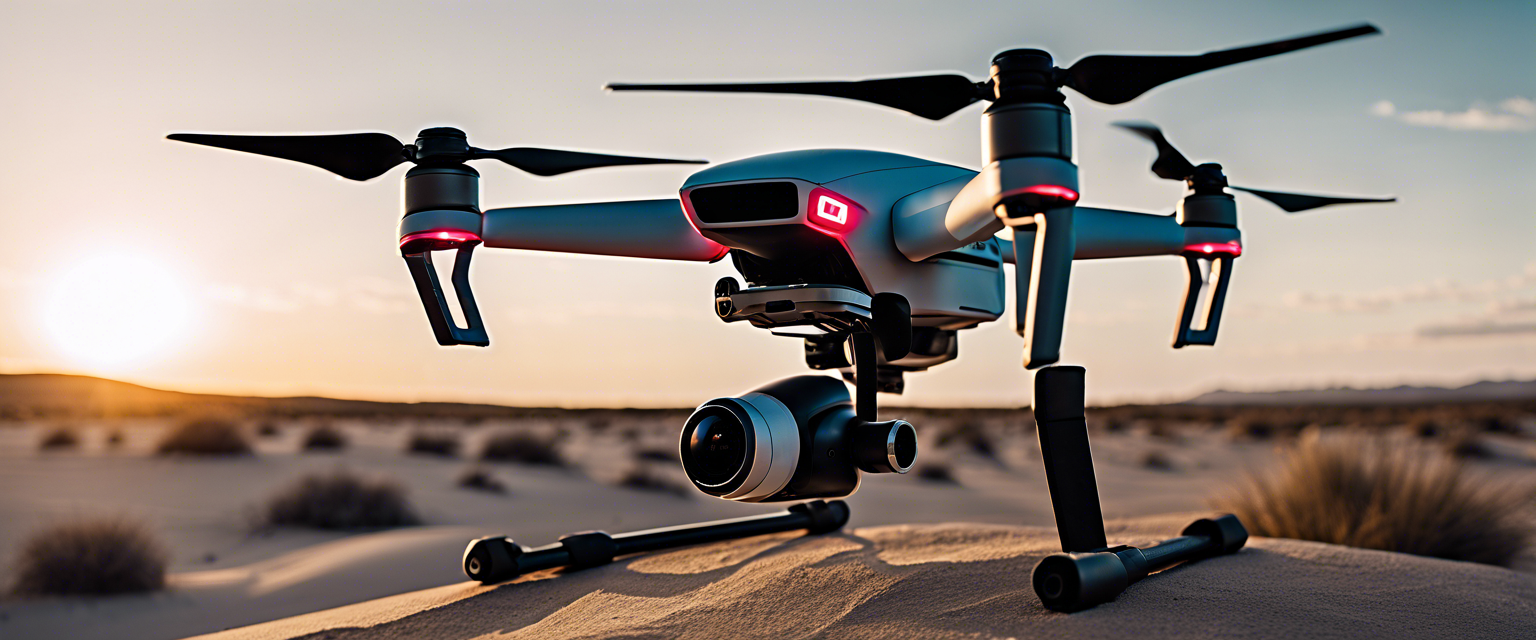The Impact of AI on Intellectual Property: Insights from the US Copyright Office Report
The US Copyright Office has been actively gathering feedback from the public regarding the intersections of artificial intelligence (AI) and intellectual property (IP) for an extended period. This initiative gained considerable attention throughout last year, culminating in the release of the first part of their report that outlines significant findings and implications for the future of IP law in the face of rapidly evolving AI technologies.
Key Findings of the Report
The report underscores the escalating challenges presented by digital replicas and deepfakes. These technologies enable the creation of highly realistic representations of individuals, which could be utilized in various contexts, often without their consent. This raises serious concerns regarding privacy, copyright, and ethical use of AI.
Need for a New Legal Framework
One of the most crucial takeaways from the report is the clear demand for a new legal framework. The existing patchwork of IP laws is deemed insufficient to address the unique challenges posed by AI-created digital artifacts. As noted in the report, "The speed, precision, and scale of AI-created digital replicas calls for prompt federal action." This indicates an urgent need for legislative measures that adequately protect individuals and content creators in an increasingly digitized world.
Threats to Individuals and Society
The unauthorized distribution and publication of digital replicas and deepfakes pose substantial risks not just in sectors like entertainment and politics, but also threaten the privacy and safety of private individuals. Instances of AI-generated content can lead to misinformation, defamation, and other malevolent uses that exploit a person’s likeness.
Legislative Movements: The No Fakes Act
Acknowledging these emerging concerns, the No Fakes Act was recently reintroduced in the Senate. This act aims to legislate protections against the misuse of AI-generated replicas. The timing of the act’s reintroduction aligns with the findings of the Copyright Office report, indicating a legislative recognition of the pressing need to address these issues.
Conclusion: The Future of AI and IP Law
As AI technology continues to advance, the call for updated IP laws becomes increasingly essential. Stakeholders from various sectors, including legislators, content creators, and the general public, must engage in discussions on how best to adapt existing frameworks to safeguard rights and ensure ethical use in the digital landscape.
In conclusion, the report from the US Copyright Office serves as a critical reminder of the urgent need to reassess our legal structures in light of AI advancements. The discussions spurred by the report and the introduction of acts like the No Fakes Act mark the beginning of a necessary evolution in how we protect individual rights and intellectual property in an age dominated by artificial intelligence.



Lasă un comentariu
Toate comentariile sunt moderate înainte de a fi publicate.
Acest site este protejat de hCaptcha și hCaptcha. Se aplică Politica de confidențialitate și Condițiile de furnizare a serviciului.